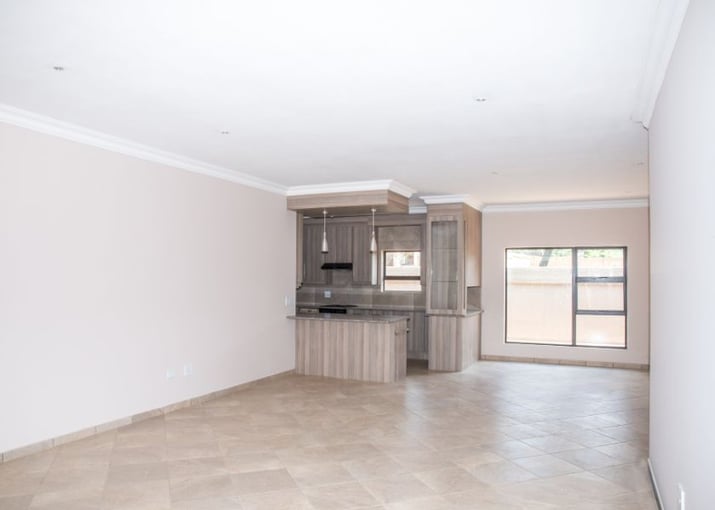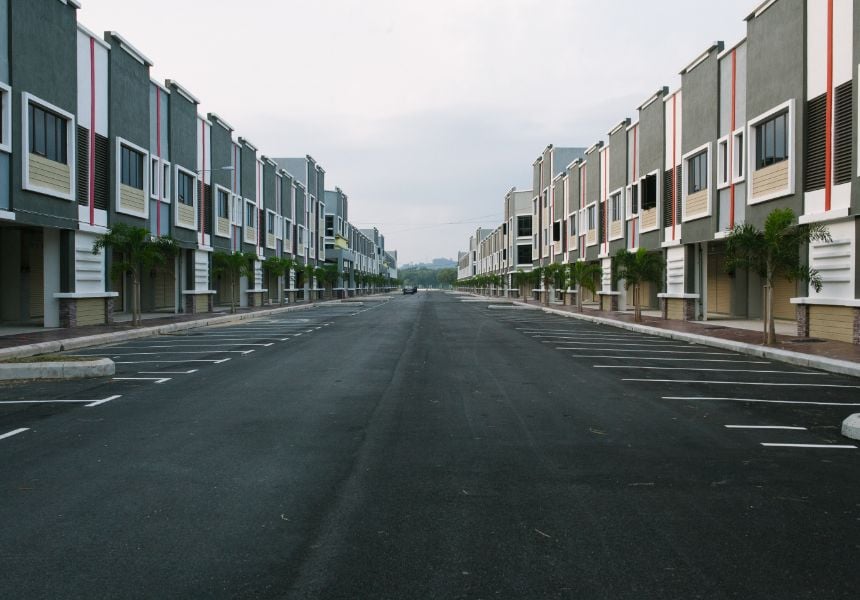Vacant properties come with an obvious risk to owners and insurers. When vacant, residential and commercial properties are at a higher risk for theft, vandalism, unattended floods and fires, and other issues.
Vacant property insurance, also known as unoccupied home insurance, is a product used to protect against these risks. In this blog, we’ll cover the ins and outs of vacant house insurance, including eligibility, coverage types, and more.
What is Vacant Property Insurance?
Vacant property insurance is a novel product reserved for buildings without occupants. These properties face heightened risk due to the potential for damage and theft to go unnoticed. Vacant property insurance is required if you intend to leave a property vacant for more than 30 days. Most insurers allow properties to be vacant (with notice) for 30 days or less.
A wholesale insurance company like Novatae is helpful because we offer customized wholesale products to fit this gap in the industry. Many brokers are nervous about promising vacant home insurance because of the liabilities and potential costs involved. Wholesalers offer scalable solutions based on individual needs.

What does Vacant Property Insurance Cover?
Vacant property insurance can cover many of the same things as standard policies, but you must be clear about your preferences. Like standard homeowners’ insurance, vacant home insurance can cover the following:
- Theft
- Vandalism
- Fire
- Flood
- Lightning
- Wind
- Hail
However, some vacant property insurance products offer only the bare bones and don’t cover the same list due to the increase in risk. Work closely with your wholesale insurance provider to outline the coverage your client requires.
Some examples of coverage include:
- A break-in occurs while a warehouse owner is on a two-month European vacation. Walls are spray painted and damaged, and some construction supplies are stolen. Vacant property insurance may cover repairs and recovery of stolen property if this protection is outlined in your policy.
- A home lies vacant, awaiting renovations. It has been over a month since anyone has been inside. Hurricane-force winds knock a tree over in the front yard, landing on the roof. This damage might be covered by vacant home insurance if you’ve outlined wind and storm damage in your policy.

Eligibility and Property Types
Vacant property insurance covers a broad range of vacant buildings, including:
- Homeowner properties
- Rental properties
- Commercial properties
- Industrial properties
Vacant home insurance is crafted specifically for properties during periods of vacancy, and it is usually purchased as a standalone policy. However, it's essential to note that standard homeowners' insurance policies may have limitations on coverage during extended vacancies, often capping protection at 30 days. In such instances, exploring a dedicated vacant home insurance policy can ensure comprehensive coverage tailored to the property's vacant status. This is when a customized wholesale product may be helpful.
The term vacant refers specifically to uninhabited properties for more than 30 days. Vacant properties are different from unoccupied properties or secondary homes. An unoccupied home may be fully furnished, but the inhabitants are coming back. A vacant home is usually empty of belongings, and the inhabitants aren’t planning to live there in the foreseeable future.
Similarly, a secondary home will likely be furnished and waiting for a family to visit in the off-season. This differs from a vacant property, which isn’t used regularly.
Exclusions in Vacant Property Insurance
Some aspects of property insurance are often excluded from vacant property insurance. Floods and earthquake damage are usually excluded from both standard and vacant property policies. Vacant home insurance also excludes:
- Vandalism
- Theft
- Water damage
- Broken glass
These aren’t 100% unattainable through coverage, but it’s unlikely a generally vacant property policy would include them.
Not covering these exclusions could leave you, or your client, vulnerable to common risks associated with owning a property. Vacant properties are at higher risk for these occurrences, meaning if left unprotected, you’ll be out a substantial sum of money for repairs.

Risks Associated with Vacant Homes
The increased rate of risk associated with a vacant home is substantial. The most common of these are:
- Theft
- Vandalism
- Property damage
Unused properties are at increased risk of theft and vandalism because culprits are aware they are unlikely to be caught. This increased risk impacts the lives and financial security of property owners. Covering these risks is important. Be sure to discuss it as the policy is being drafted and read the fine print for exclusions.
The Role of Wholesale Insurance Companies
A wholesale insurance company’s role in vacant home insurance is to provide access to:
- Custom policies
- Insurance writers to craft custom policies
- Facilitation of a vacant home insurance process for retail agents
Wholesale insurance companies work closely with brokers and insurance agents to secure niche products you wouldn’t otherwise have access to. We facilitate the entire process from top to bottom, ensuring your client receives the required coverage and inclusions.
Choosing the Right Wholesale Insurance Partner
When choosing a wholesale insurance agency, consider things such as:
- Experience with individual niche industries and products
- Network of insurance writers
- Lineup and pricing of wholesale products
A solid wholesale insurance company can streamline the entire process of obtaining niche insurance products for retail agents. Much of your work is done for you, ensuring all t’s are crossed and i’s are dotted for your clients.
Building Trust with Clients
As an insurance agent, part of your job is building client trust. Working with a knowledgeable wholesaler offers access to a world of knowledge outside of your immediate expertise. Providing bespoke insurance protection for vacant properties highlights you as a trustworthy player in the field.
Being transparent with clients is especially important as you build this trust. Explain the common exclusions involved in vacant property insurance products and the potential options for bridging out with a wholesale agent.
Conclusion: Enhancing Client Services with Vacant Property Insurance
In conclusion, vacant property insurance is important for any building unattended for more than 30 days. It’s important to check for exclusions in your policy and look for a wholesale insurance agent who can bridge these gaps and offer full coverage for your client.
Vacant property insurance is essential for property owners who don’t want to lose money or wind up with damaged property on their hands. Standard property insurance products fail to protect against basic risks without these extended policies.
Contact Novatae Today
Novatae works with insurance agencies and brokers, giving them access to customizable wholesale insurance coverage. Through Novatae, clients can access niche market coverage, expertise from our staff on unique products, and a network of insurers to write custom policies.
Interested in learning more about vacant property insurance? We can help. Call Novatae today to learn more.
This article is not intended to be exhaustive, nor should any discussion or opinions be construed as legal advice. Readers should contact legal counsel or an insurance professional for appropriate advice.
About the Author
Insights
- What is an Umbrella Insurance Policy?
- What is Animal Mortality Insurance?
- MFA: The Cyber Version of a "Highly Protected Risk"
- Convenience Store Insurance Programs: What You Need to Know
- Home Health Liability Insurance: What You Should Know
- Commercial Builders' Insurance: Comprehensive Protection for Construction Professionals
- Understanding the Role of Additional Insureds in Commercial Insurance
- Convenience Store & Gas Station Insurance Coverage Explained
- The Convergence of Cybersecurity and Cyber Insurance
- It’s Easy to Become a Criminal Hacker!
- Medical Spa Insurance: What Insurance Retailers Need to Know
- Contractors Professional Liability Insurance
- Action Over Coverage and Exclusions



.png)
.png)